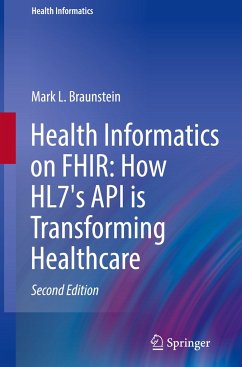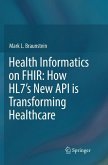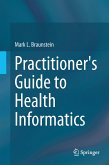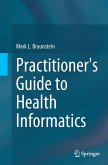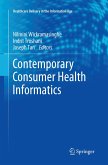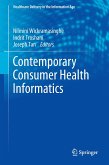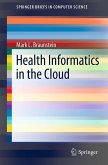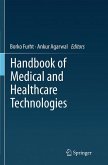This extensively revised textbook describes and defines the US healthcare delivery system, its many systemic challenges and the prior efforts to develop and deploy informatics tools to help overcome these problems. Now that electronic health record systems are widely deployed, the HL7 Fast Healthcare Interoperability standard is being rapidly accepted as the means to access and share the data stored in those systems and analytics is increasing being used to gain new knowledge from that aggregated clinical data, this book goes on to discuss health informatics from an historical perspective, its current state and likely future state. It then turns to some of the important and evolving areas of informatics including electronic health records, clinical decision support,. population and public health, mHealth and analytics. Numerous use cases and case studies are employed in all of these discussions to help readers connect the technologies to real world challenges.
Health Informatics on FHIR: How HL7's API is Transforming Healthcare is for introductory health informatics courses for health sciences students (e.g., doctors, nurses, PhDs), the current health informatics community, computer science and IT professionals interested in learning about the field and practicing healthcare providers. Though this textbook covers an important new technology, it is accessible to non-technical readers including healthcare providers, their patients or anyone interested in the use of healthcare data for improved care, public/population health or research.
Health Informatics on FHIR: How HL7's API is Transforming Healthcare is for introductory health informatics courses for health sciences students (e.g., doctors, nurses, PhDs), the current health informatics community, computer science and IT professionals interested in learning about the field and practicing healthcare providers. Though this textbook covers an important new technology, it is accessible to non-technical readers including healthcare providers, their patients or anyone interested in the use of healthcare data for improved care, public/population health or research.

